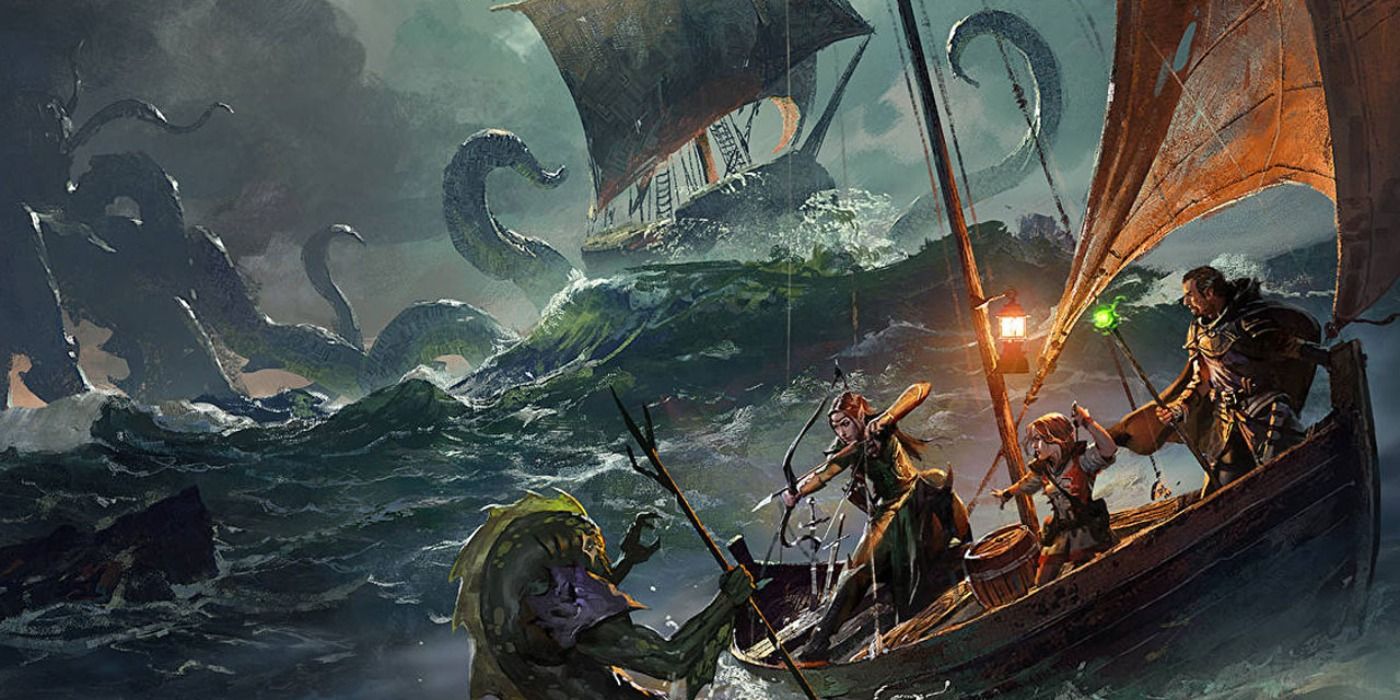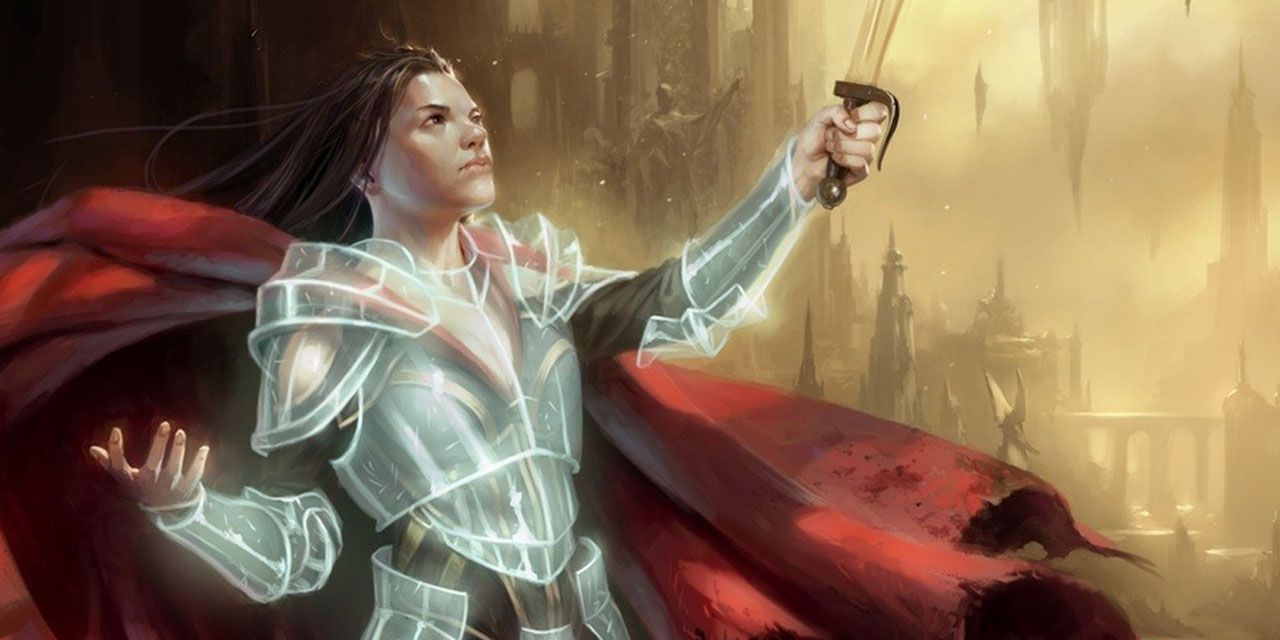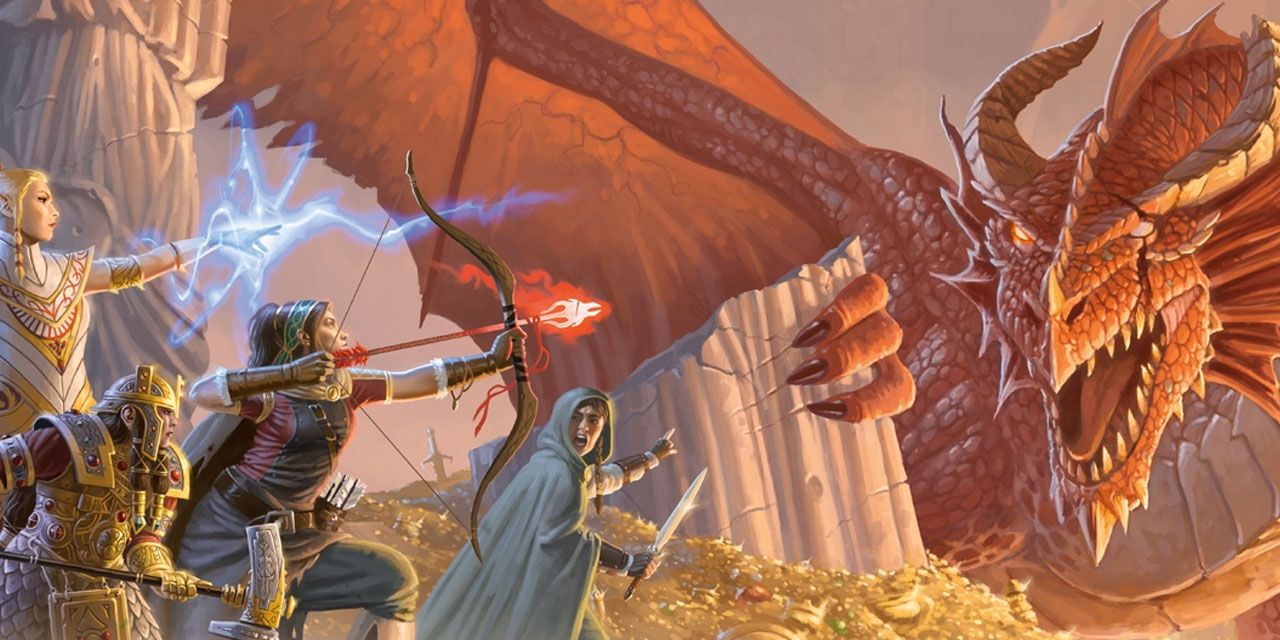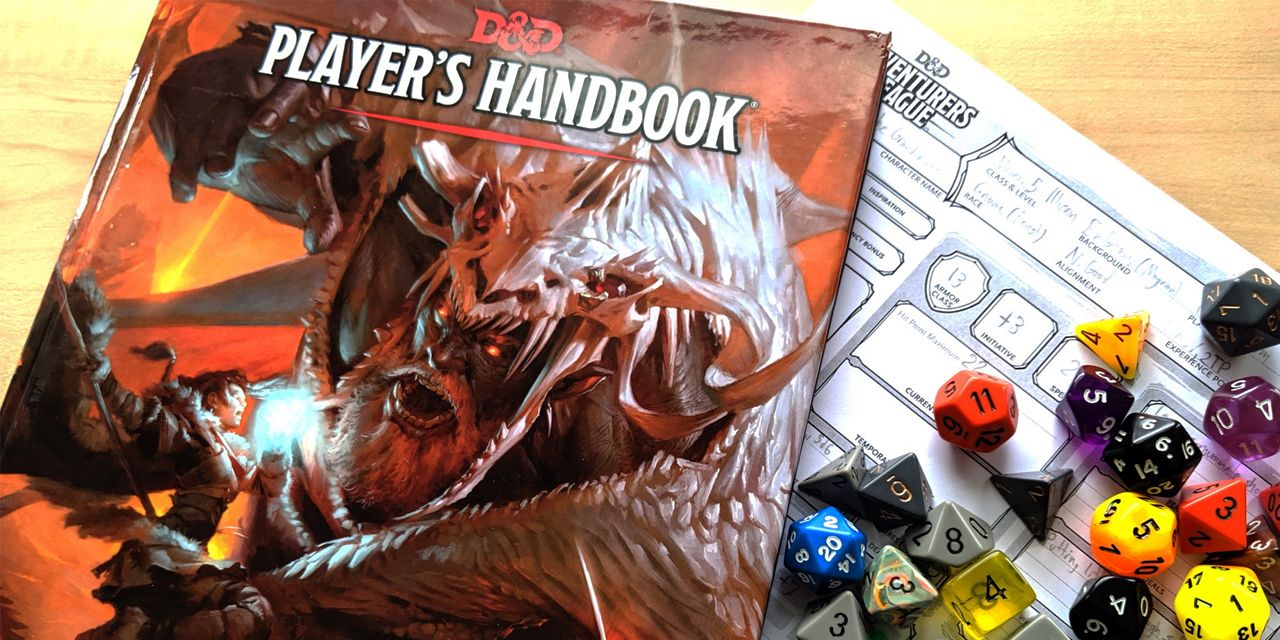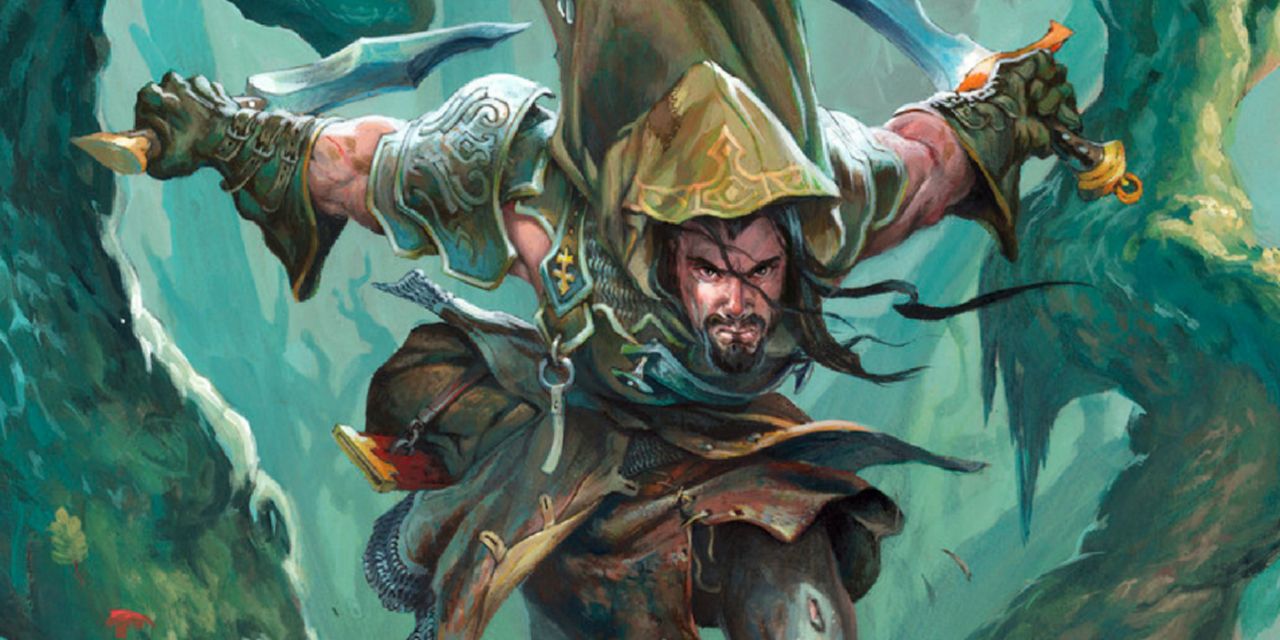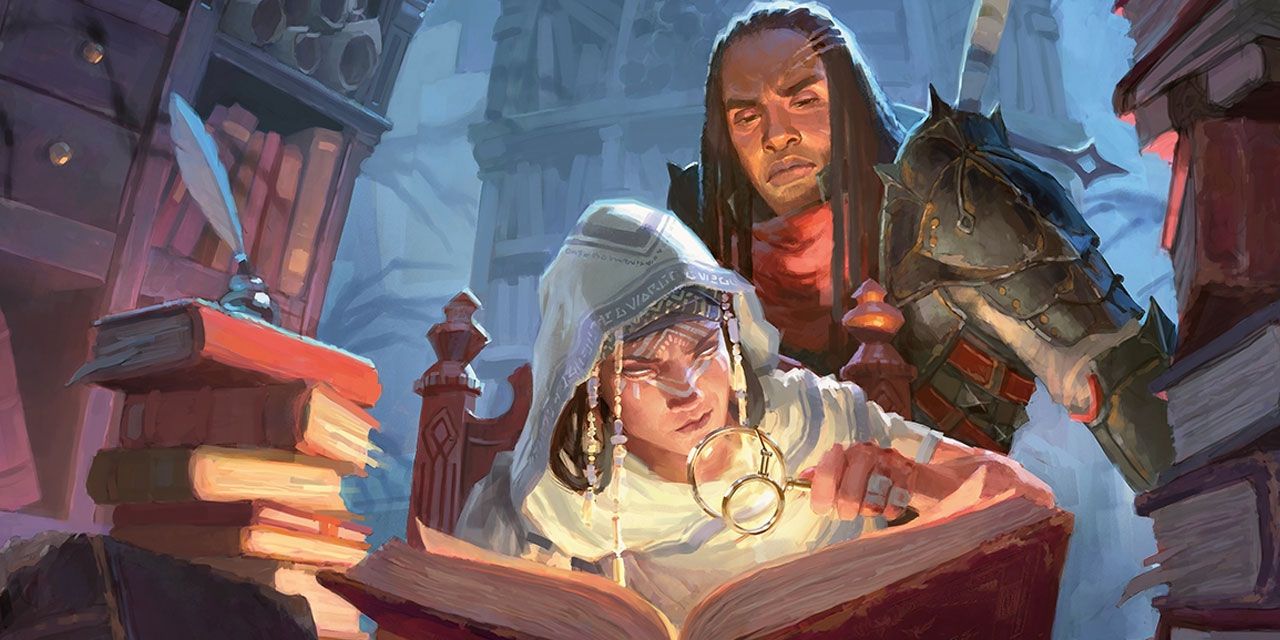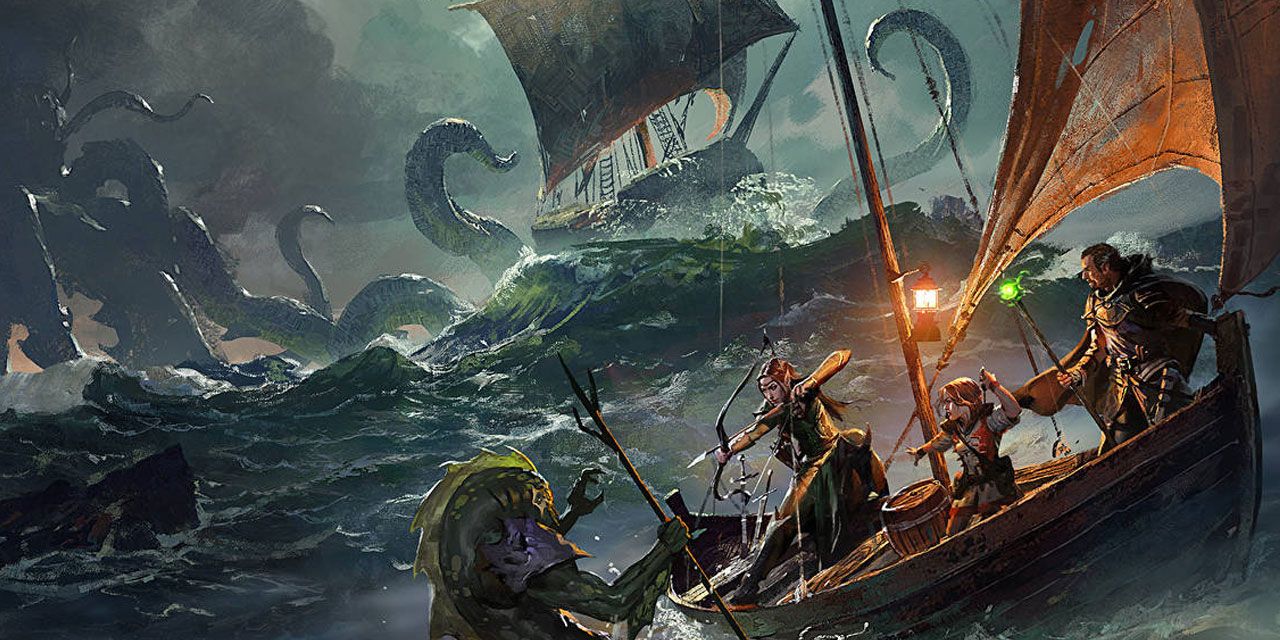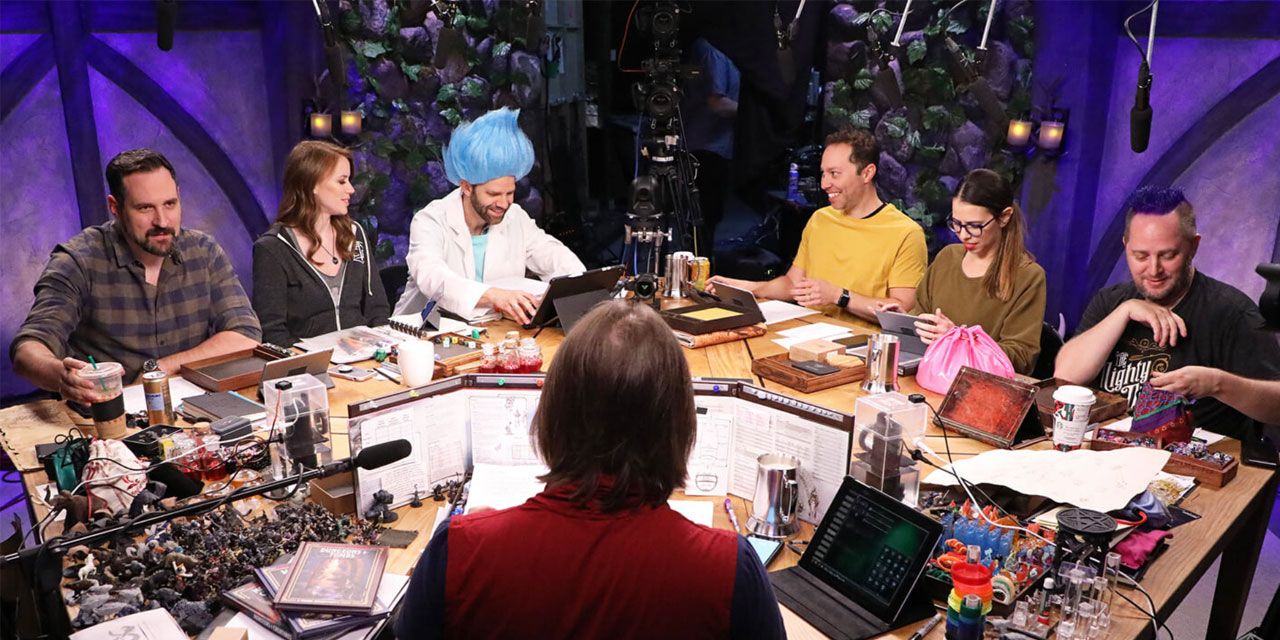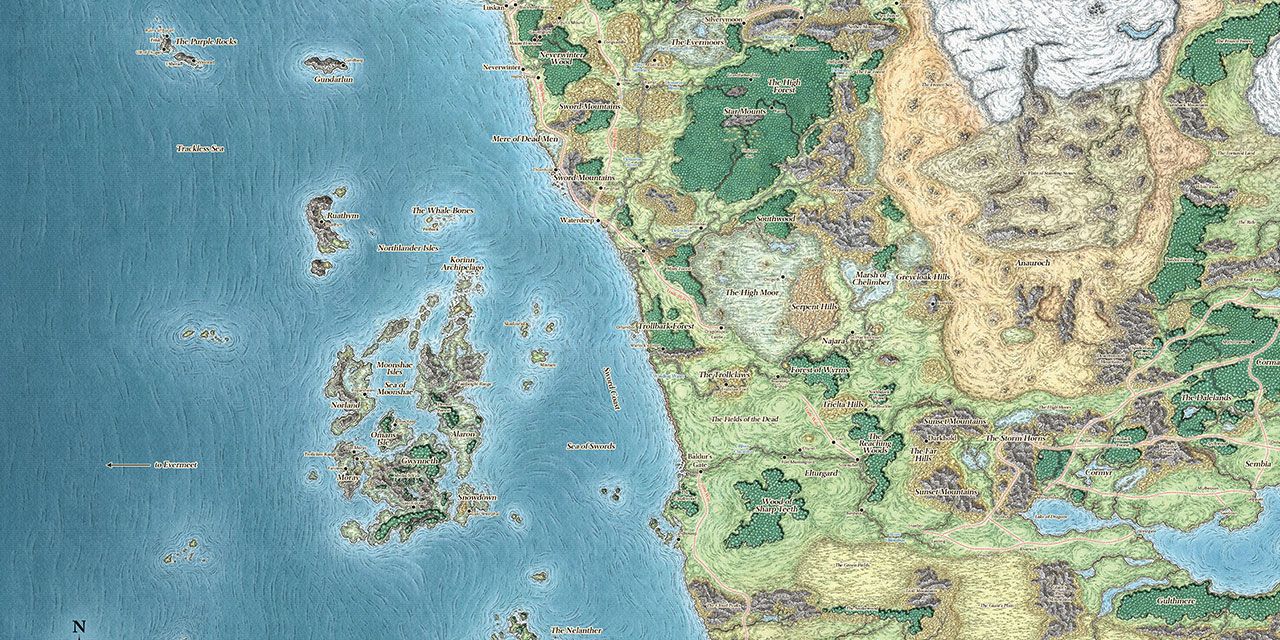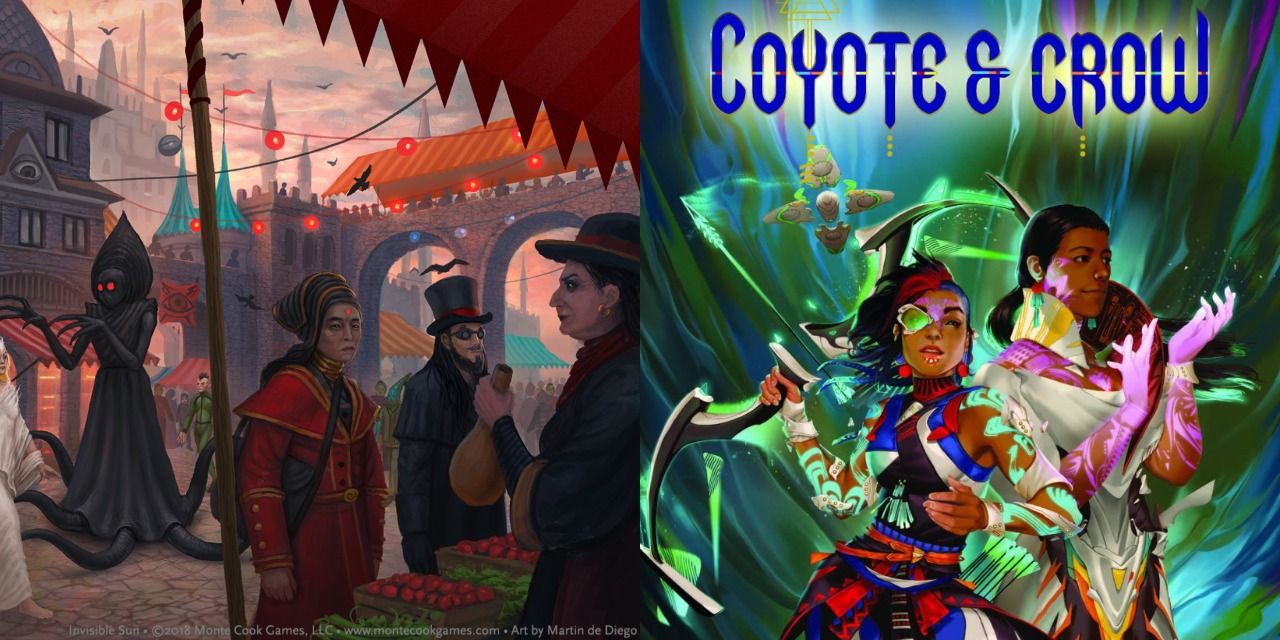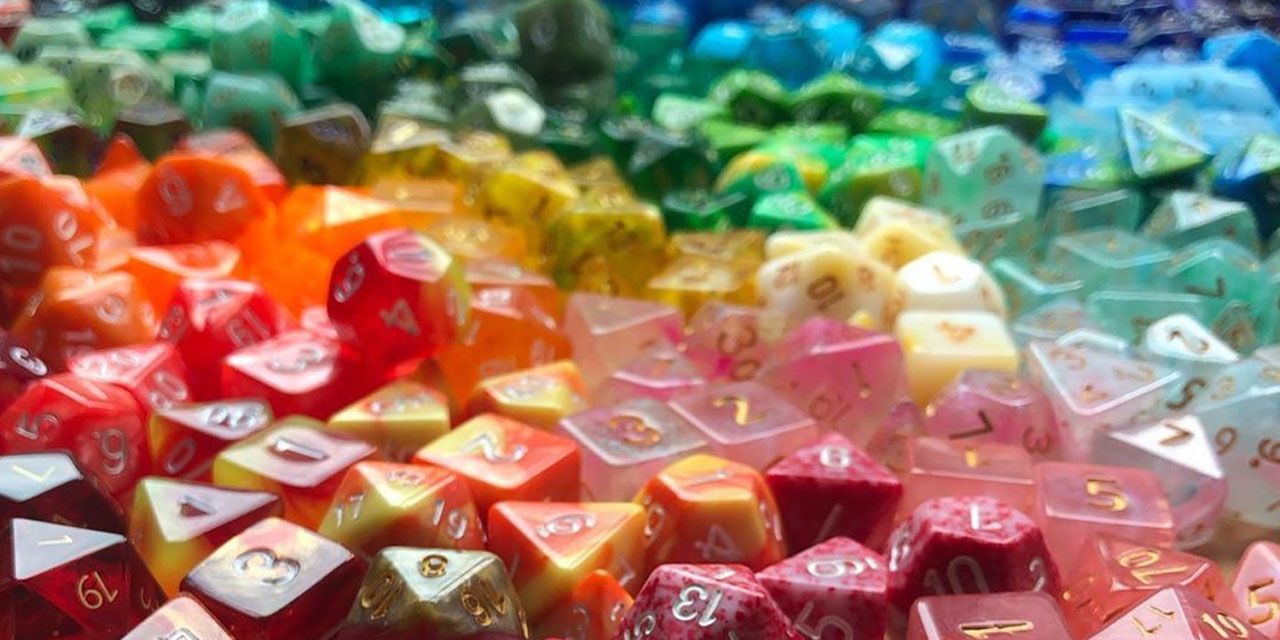Dungeons & Dragons can be intimidating to new players. There are dozens of official rules and sourcebooks, as well as hundreds of unofficial sourcebooks that parties can use. When joining a new campaign for the first time, it's easy for players to find all the information overwhelming.
Dungeons & Dragons has no limits to what can happen because no two campaigns are ever the same. With so much information available, it is easy for players to go in with preconceived notions. However, new and veteran players should let go of those expectations they may have developed before starting each new campaign.
10 Min-Maxing Is Bad
This subject can divide the D&D fanbase the instant it comes up. Min-Maxing is when a player builds a character to try and minimize their weaknesses while maximizing their strengths. However, making an overpowered character by accident is easy enough with a good roll. Additionally, the GM has the authority to counter such characters by increasing combat rating and stats on NPCs. This is even further mitigated by having a session zero, and discussing campaign goals among the group. Character creation is a chance for players to build a version of themselves they want to see succeed in the campaign world. D&D is more than just dungeons and dragons — there is a roleplay element, which also acts as a way to balance unbalanced characters.
9 Every Campaign Needs A DM
While a good DM can make a campaign fun for the players, having one is not a requirement to run a session. There are multiple pre-made adventures that can be played solo or without a DM.
The Castle Ravenloft board game and Wrath of Ashardalon board game are great examples. There are also plenty of fan-made adventures available online that use the fifth edition rulesets and settings. These types of adventures are a great way to introduce new players to Dungeons & Dragons. Players can also use this as an opportunity to take turns directing the narrative amongst themselves. In this type of playstyle, each player can create NPCs and plot points that the party will eventually face.
8 Bad D&D Is Better Than No D&D
Finding a group to play D&D with can be a struggle. Even with online resources, scheduling and real-life commitments are always a factor. It is because of this that many new players will find themselves trying to stick with groups that just don't mesh well. There is a misconception that any D&D is better than not getting to play; however, this is horribly wrong. If a player or DM is uncomfortable at the table, many veterans to the hobby will encourage them to leave that group. There are multiple versions of "safety tools" available online, which provide simple rules that help ensure everyone at the table feels comfortable. At the end of the day, "No Dungeons & Dragons is better than bad Dungeons & Dragons."
7 Certain Classes & Races Are Boring
When creating a new character, players will often look for outside inspiration to decide what classes and character race they should pick. It is very common to come across opinions that say such as, "Rangers are useless," or "Humans are boring." When this happens, a new player who wanted to be a human ranger may suddenly feel like they should change their character.
These are in fact just misconceptions, based on poor experiences or biased opinions. Character creation in Dungeons & Dragons is an experience on its own, and each player will want to explore that experience different from the next. There is no such thing as a boring character class or race. Some may have fewer features available, but boring and fun are both subjective. Any character build has the potential to grow into something amazing through roleplaying.
6 Players Have To Follow Every Rule
The largest benefit to D&D's long lifespan is the constant updates it receives to its rules. There are dozens of official rules for how sessions should run and ways certain characters should behave. While having all these different rules is great when introducing someone new to the game, rules are sometimes meant to be broken. This of course is something that players and DMs will need to discuss together. The "Rule of Cool" can describe moments where technically the written rules prevent a player's action, but the DM can choose to allow it. DMs also have the ability to homebrew campaign-specific rules that override official ones that may not suit the campaign world.
5 Never Split The Party
Depending on the size of an adventuring party, DMs may run into instances where members want to split up. The primary concern with this is that it forces the DM to potentially deal with at least two separate storylines. If one group wants to jump on a boat headed out to sea and the other wants to build an amusement park, splitting up will definitely cause issues. In situations where players want to explore a small town, though, they should not be forced to all go inside the same store at the same time. The same can be said when players are given multiple objectives that can be sped up if they divide the work. Splitting the party can be a great way to gather resources or speak to NPCs. When used to divide and conquer, it can even be an interesting way to introduce plot points, and lead to players communicating with one another.
4 Players Have To Make Up Voices All The Time
D&D is great for players who enjoy being theatrical. Series such as Critical Role feature talented actors who have had years of training, offering endless entertainment. While the level of acting allows viewers to enjoy watching the series, it isn't a standard for non-professional setting games.
While using voices to get into the character can be fun, it is not a requirement. Not everyone is a professional with years of acting experience, especially in home games. Players and DMs should use a session zero to discuss whether creating a voice for their characters is something players should try.
3 The Party Will Visit Every Location On The Map
Whether in a homebrew world or a pre-built setting, world maps for campaigns are often huge. Having a fully fleshed-out world is great for providing ways to introduce lore and even travel options. While giant homebrew worlds are exciting, the reality is that even in a level 1 through 20 campaign, players will only explore a fraction of the map. For example, Waterdeep is one of the most well-known cities in D&D. The city has plenty of places to explore, and entire campaigns take place in the region. Waterdeep is one city-state, in one region out of five on a continent, and it is entirely normal for players to never leave the city because there is so much to see and do.
2 5E Is The Only TTRPG System Available
While D&D is a widely popular tabletop game, it is not the only system available. There are dozens, if not hundreds, of TTRPG systems available in digital and print. These TTRPGs explore a variety of different worlds and styles.
For example, Monte Cook Games' Invisible Sun takes players to a world full of surreal fantasy. Coyote and Crow will take players to a sci-fi world where colonization never happened. There is something for everyone to explore, and systems for every playstyle.
1 Players Need More Than One Dice Set
A common trend with fans of Dungeons & Dragons is having huge dice collections. Some people will recommend you get a new set for every new character; however, this is just a preference. Dice sets, especially custom or metal dice, can be very expensive, especially when multiple characters are involved. Most players will only ever need one set of dice regardless of the number of campaigns they participate in. Some spells, such as the Sleep spell, require players to roll a minimum of 5d8 dice; in these cases, rolling a single d8 five times and adding those together works the same.

